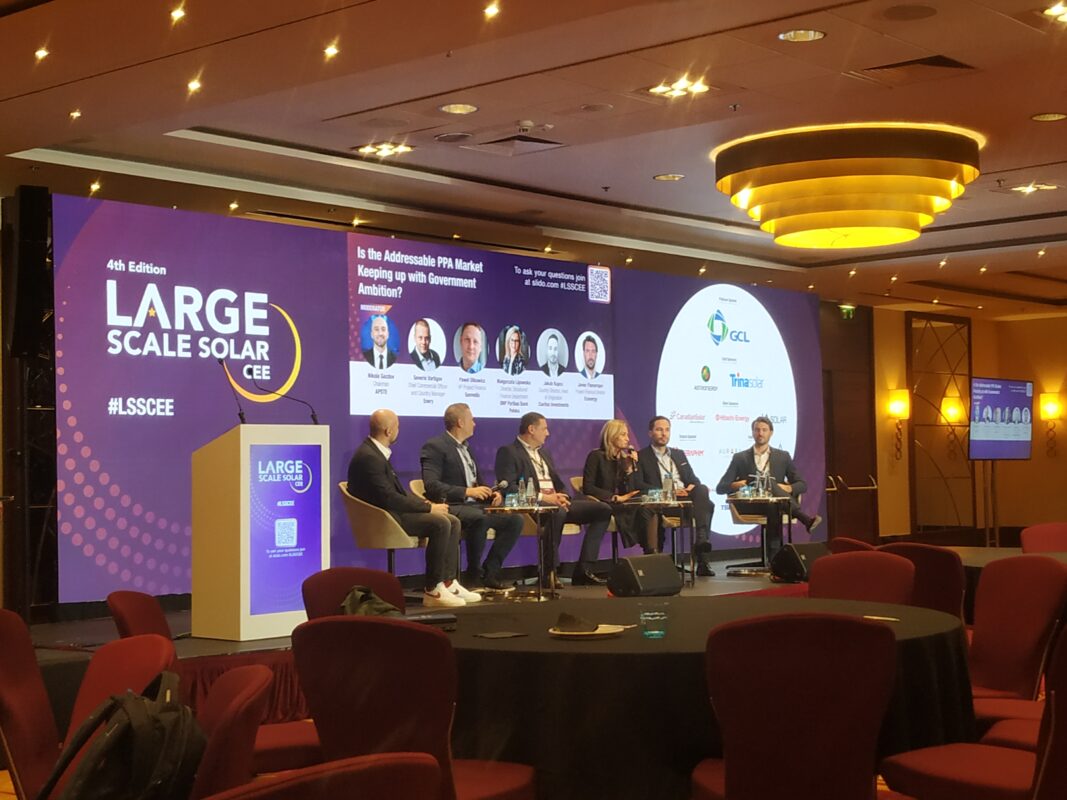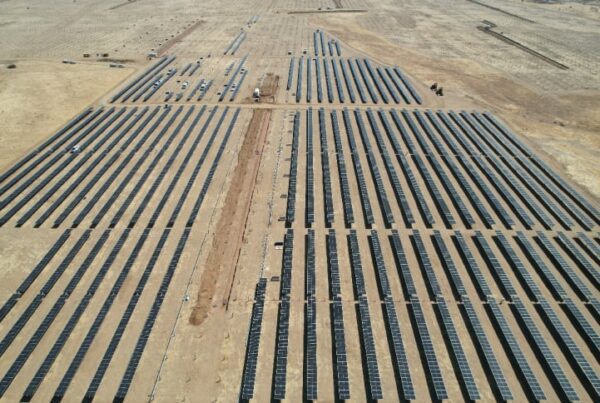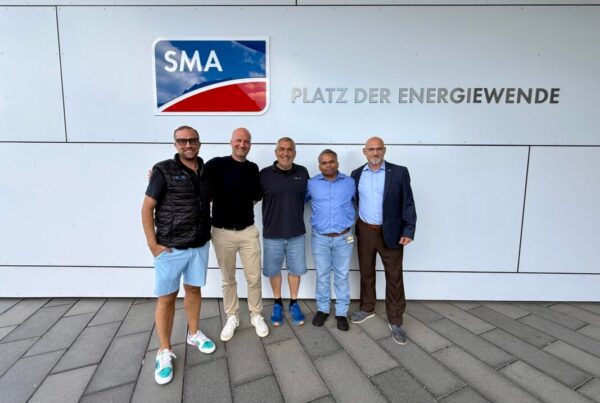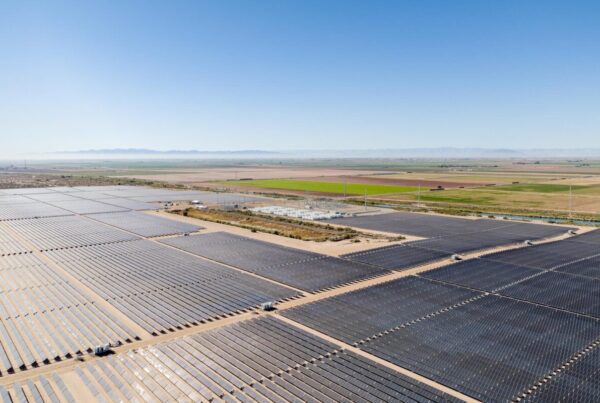
Discussing priorities for an independent power producer (IPP) such as Sonnedix, he drew attention to “the mixture of [delivering] revenues that are as stable as possible, by the mixture of CfDs, PPAs and a return on investment that we have to defend in front of our investors, and bankability of the project.”
“We all know that there’s an oversupply of production and generation right now,” he added. “The strategy that we, as an IPP, take is that if we cannot take bankable PPAs, we need to go to some other stable cash flow source, such as a CfD. “I think this year and next year [the market will] switch to the CfDs again… based on the calculations that we’ve already made, it’s possible to mix PPAs with CfDs and get revenues and returns on an acceptable level.”
Working with offtakers
However, the risk appetite of offtakers, and their priorities with regard to energy sources and price, could have a crucial impact on the long-term health of the PPA market.
”Especially in Eastern Europe, the offtakers are extremely price-sensitive,” said Severin Vartigov, chief commercial officer and country manager at Enery. “The decision-making is 80% price-driven and only 20% ESG-driven, and related to environmental targets.”
“We have developers, IPPs, financiers, and no offtakers,” he added, pointing out that the panel that sought to discuss the role of offtakers in this arrangement featured no representatives from offtakers. “This is the market we need to operate in!”
“As a financial institution we are on the investors’ side,” said Małgorzata Lipowska, director of the structured finance department, BNP Paribas Bank Polska, who also called for greater awareness of the, at times, conflicting priorities of those involved in the PPA space.
“We would like to have the majority of risk transferred to the offtaker, but the offtaker is looking to secure energy, so the first thing for them is to have a fixed price for energy for a fixed amount of time. We have to balance those interests.”
Vartigov also suggested that offtakers are concerned by the potential for price cannibalisation, particularly in the PV sector and for the long-term.
“Offtakers are afraid to commit to long-term PPAs – 10+ years – and assume the risk of not becoming sufficiently competitive,” he said, echoing Olkowicz’s calls for more complex pricing and offtake structures to make investments attractive. “This is why hybrid PPAs – solar, wind and storage – are gaining popularity right now.
A conservative investment market
However, recent fluctuations in power price has contributed to a market with a rather conservative risk appetite, a situation that does not bode well for the future of the Eastern European solar sector considering the importance of raising private capital, and the growing opinion that reaching financial close on PV projects is among the sector’s greatest challenges, which were both discussed at length at panels earlier in the day.
“Everyone is rather conservative [in the market],” said Lipowska. “I don’t think there’s a big appetite for merchant risk. Investors are not looking for short-term financing; we see deals for five-to-seven-year PPAs, but they’re then followed by CfDs.”
“The PPAs in Poland are still quite a new product,” added Olkowicz, who said that Sonnedix had around 1.3GW of capacity under development in corporate PPAs in Poland, compared to over 22GW in Spain.
Jakub Küpcü, head of origination at Claritas Investments, meanwhile, described the Eastern European PPA market as “much more sophisticated than it was a few years ago,” suggesting that the region’s PPA market may simply need more time to develop. This echoes a sentiment expressed by Rezolv Energy’s Alastair Hammond, who spoke to PV Tech in the lead-up to this year’s event.
PV Tech publisher Solar Media is organising the fourth edition of Large Scale Solar Central and Eastern Europe in Warsaw, Poland 26-27 November 2024. The event focuses on Eastern Europe with a packed programme of panels from industry leaders responsible for the build out of solar and storage projects in Poland, Bulgaria, Romania, Hungary and the Baltics. For more information visit the event website.






